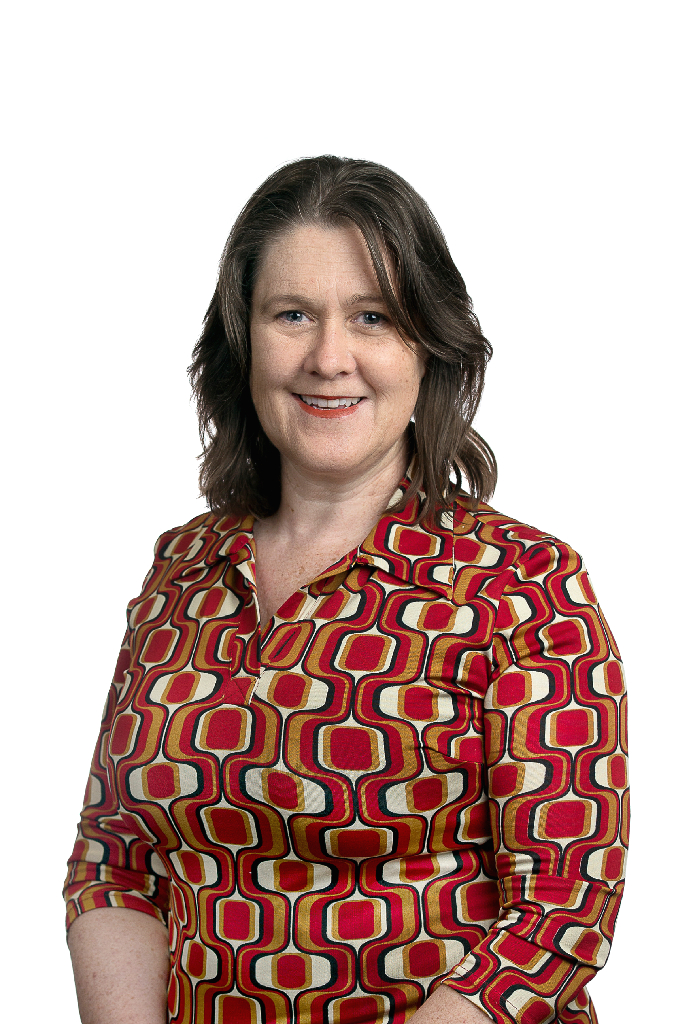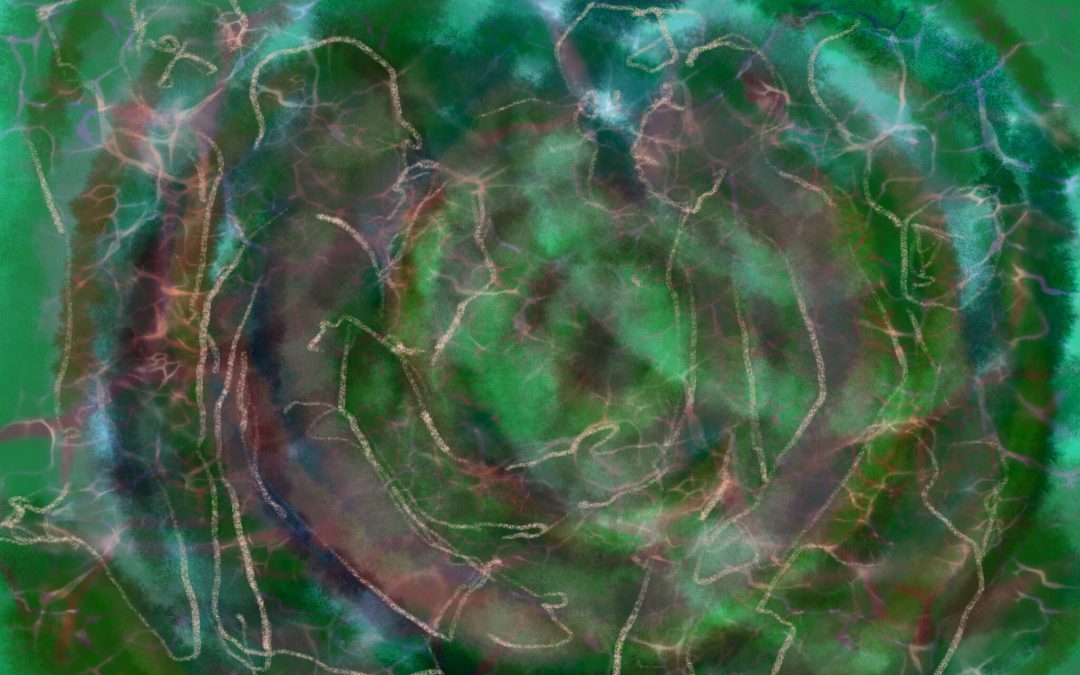Our workplaces and home life are becomingly increasingly networked. Through the use of technology, people are able to connect just as easily with people who are geographically distant as they are with people in their local area. In addition, our definition of the ways in which work is contracted and conducted has changed. The gig economy is on the rise, and many individuals and organisations are capitalising on the flexibility of remote working. The boundaries between where, when and with whom one works can be fluid and dynamic, and our networks are becoming increasingly important to the ways in which we lead and influence. As coaches, we need to consider how to coach leaders for a networked society.
To develop my knowledge and skills in this area, I attended an Advanced Coach Training workshop in the Analytic-Network Coaching System (A-Nc), developed and facilitated by Simon Western, and offered in Australia in partnership with NIODA. The A-Nc approach to coaching integrates theory on coaching, organisation dynamics and the networked society. The framework brings together five frames of reference to offer an analytic, systemic approach to coaching leaders in contemporary organisational life. These frames can be summarised as follows:
- Depth Analysis: Coaching the inner-self
- Relational Analysis: Coaching the relational self
- Leadership Analysis: Coaching the leader-within
- Network Analysis: Coaching the networked self
- Strategic Analysis: Coaching the strategic mindset
These frames build on each other, and at any one time, a coach might focus on a particular frame or move fluidly between frames. While in many ways the approach is similar to the Organisational Role Analysis approach (Borwick 2006) or the Transforming Experience Framework (Long 2016), the A-Nc extends our capacity to think about and coach leaders in a networked society.
The workshop model comprised seminars, experiential practice of coaching and being coached, reflective dialogue and associative matrices. The principles and instructions provided for working with each frame were helpful and offered an opportunity to coach in ways that might be different. For instance, in the depth analysis frame, using disruption as an intervention, we asked our clients ‘What is your desire?’ which created the opportunity for an in-depth exploration. In the relational frame, we identified patterns of behaviour and considered what might be the pleasure in the displeasure, or how this pattern might create feelings of comfort or safety, generating useful insights for the client. The Western Indicator of Leadership Discourses, also known as the WILD Questionnaire, was a useful starting point for the leadership analysis frame. It enabled the coach to consider with the client their concept(s) of leadership, how it showed up in the way they took up authority, and to identify opportunities to try different ways of leading. The network analysis frame offered a powerful mapping exercise which was used to explore the client’s network and look for both the known and unknown connections, and any gaps that might need to be addressed. Finally, these frames could be considered as a whole in the strategic analysis frame, which enabled the client to set a strategic direction.
In addition to learning about and gaining practice in coaching using A-Nc, participants had an opportunity to be coached themselves, and think in depth about their own ways of leading and following. I got in touch with my own desire, gained new insights about my patterns of behaviour in the context of vertical and lateral relations, explored leadership discourse(s) and my preferred ways of leading, and considered the strengths and weaknesses in my network. When brought together, this information enabled me to think strategically about areas I would like to develop and to identify next steps towards that.
A key insight for me is that network relations exist between and within each of us. By this I mean that we are each in the network, and the network is in each of us. This theme, which reverberated throughout the workshop, has significance for thinking about how we coach leaders. Simon coined the term ‘Eco-leadership’ to describe a discourse wherein leadership is not located solely with a ‘Leader’, but distributed within and across organisations and networks. Simon’s book on leadership (Western 2013) outlines a history of leadership discourses, and makes a strong argument about the need for organisations to invest in Eco-leadership to meet the demands of an increasingly digital, automated and networked world.
The workshop also enabled me to (re)connect with colleagues across my local and global network. There were thirty participants at this inaugural Analytic-Network Coach Training in Australia. All are experienced practitioners, and together created a wonderful learning environment. I am delighted to be joining a growing community of Analytic-Network coaches committed to the development of ethical leaders, for the good of our workplaces and our networked society.

Ms Nuala Dent
Academic Staff Member & Principal Researcher NIODA
Featured image © Nuala Dent 2019
How to coach in a networked society references:
Borwick, I. 2006. ‘Organisational Role Analysis: managing strategic change in business settings’ in J. Newton, S. Long & B. Sievers (eds) Coaching in Depth: The Organisational Role Analysis Approach. Karnac Books, UK
Long, S. 2016. ‘The transforming experience framework’ in S. Long (ed) Transforming Experience in Organisations: A Framework for Organisational Research and Consultancy. Karnak Books, UK
Western, S. 2013. Leadership: A Critical Text (Second Edition). Sage Publications, UK

